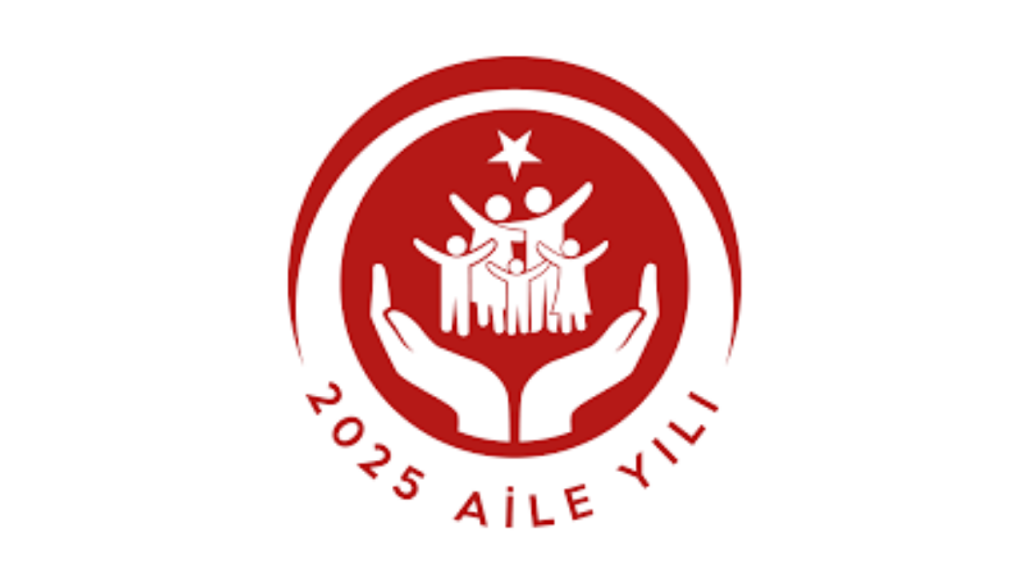In a recent and somewhat controversial social media post, Turkey’s Family and Social Services Ministry encouraged the public to embrace matrimony in a message that coincided with Valentine’s Day celebrations. The post declared, “If you’re in love, go get married,” as part of the declared “Year of Family” initiative led by President Recep Tayyip Erdoğan. However, this message has not been universally well-received, particularly among advocates for LGBTI+ rights who pointed out the ongoing legal and social barriers preventing same-sex couples from marrying.
| Article Subheadings |
|---|
| 1) Overview of the Ministry’s Valentine’s Day Message |
| 2) Public Reaction to the Post |
| 3) The Significance of the “Year of Family” |
| 4) LGBTI+ Rights Advocacy and Response |
| 5) Implications of the Government’s Stance on Marriage |
Overview of the Ministry’s Valentine’s Day Message
On February 14, Turkey’s Family and Social Services Ministry made headlines by sharing a post on social media to commemorate Valentine’s Day. The message, “If you’re in love, go get married,” sparked discussion over the government’s initiatives regarding familial structures and the social significance of marriage. This post was part of a broader campaign linked to the “Year of Family,” which aims to highlight traditional familial values. It is important to consider the context of such communications from a governmental viewpoint that emphasizes marriage as a cornerstone of societal stability.
Public Reaction to the Post
The ministry’s post received a mixed reaction from the public and online users. While some supporters applauded the encouragement of marriage, many critics pointed out the exclusionary nature of the message, particularly towards the LGBTI+ community. Responses varied from supportive comments to pointed critiques, including remarks such as, “No one’s asking if you have money,” which highlighted the socioeconomic factors that often complicate the decision to marry. The public discourse around the post exemplified the deep-seated divisions in Turkish society regarding marriage, love, and governmental influence in personal choices.
The Significance of the “Year of Family”
President Erdoğan’s declaration of 2025 as the “Year of Family” fits into a larger narrative within his government focused on promoting traditional family values. This initiative has been characterized by the creation of a specialized logo featuring a mother, father, and children, which aims to underscore the government’s devotion to fostering family structures. Alongside the visual branding, the Family and Social Services Ministry has introduced financial incentives, such as interest-free loans for young couples aiming to marry, thus presenting marriage as not only a social duty but also an economically advantageous decision. However, this initiative raises questions regarding the inclusivity of family definitions and the government’s stance against non-traditional family units.
LGBTI+ Rights Advocacy and Response
In light of the ministry’s post, many advocates for LGBTI+ rights responded with criticism highlighting the inequalities perpetuated by such governmental messages. Prominent journalist and LGBTI+ rights advocate İrfan Değirmenci openly challenged the ministry’s stance by sharing a photo with the caption, “Love is a human right,” signifying a crucial demand for legal recognition of same-sex relationships. In addition, members of the Workers’ Party of Turkey (TİP) called for the recognition of LGBTI+ individuals’ rights to marry, stating that these individuals are “ready to get married as soon as the government legalized gay marriage.” This response illustrated a growing frustration and determination among LGBTI+ activists to challenge the government’s restrictive policies.
Implications of the Government’s Stance on Marriage
The combination of Erdoğan’s emphasis on the “Year of Family” and his party’s increasingly hostile language towards the LGBTI+ community signals a clear government agenda favoring conservative family structures. The dismissive approach to LGBTI+ rights—coupled with repeated mentions of a “global crusade targeting the family institution” by Erdoğan—has drawn criticism and raised alarms regarding the future of human rights in Turkey. Despite the ministry’s financial initiatives aimed at encouraging marriage among heterosexual couples, many question how truly inclusive these policies can be when groups advocating for equal rights are systematically marginalized. As the government continues to stifle discussions around non-traditional relationships, critics argue that the societal implications could lead to further ostracization of already marginalized groups.
| No. | Key Points |
|---|---|
| 1 | The Family and Social Services Ministry promoted marriage in a Valentine’s Day message. |
| 2 | Public reaction was polarized, with significant criticism from LGBTI+ advocates. |
| 3 | President Erdoğan has declared 2025 the “Year of Family,” promoting traditional marriage values. |
| 4 | Critics, including LGBTI+ activists, emphasize the need for legal recognition of same-sex marriage. |
| 5 | The government’s stance could have negative implications for LGBTI+ rights and societal inclusion. |
Summary
The Family and Social Services Ministry’s Valentine’s Day message has sparked a significant discourse on the government’s stance towards marriage and its implications for LGBTI+ rights in Turkey. While promoting marriage as a pillar of society, the government’s exclusion of same-sex couples has been met with backlash from advocates insisting on recognition of equal rights. This discourse highlights the growing tensions between traditional family values and the rights of marginalized groups, making the upcoming “Year of Family” an important focal point in the ongoing struggle for equality in Turkey.
Frequently Asked Questions
Question: What is the significance of the “Year of Family” in Turkey?
The “Year of Family” is an initiative declared by President Erdoğan aiming to promote traditional family values and structures in society, featuring financial incentives for young couples considering marriage.
Question: How have LGBTI+ activists responded to the Family Ministry’s post?
LGBTI+ activists have criticized the ministry’s message for excluding same-sex couples and have called for recognition of their right to marry, highlighting the ongoing discrimination and marginalization faced by the community.
Question: What financial support is being provided to young couples under this initiative?
The initiative offers young couples interest-free loans of 150,000 Turkish liras to assist with marriage costs, with a four-year repayment period and a two-year grace period, thus promoting marriage as an economically favorable choice.


